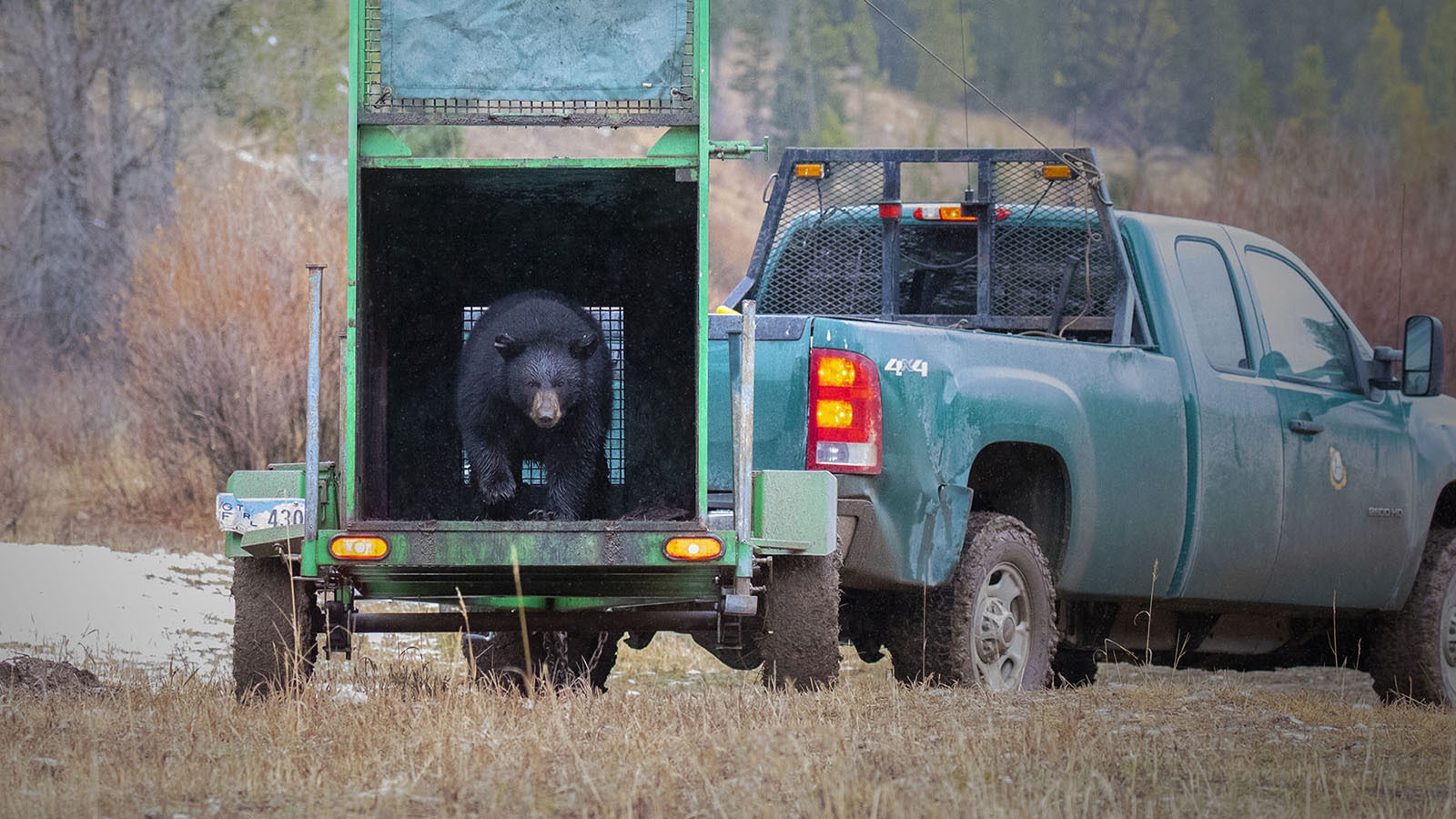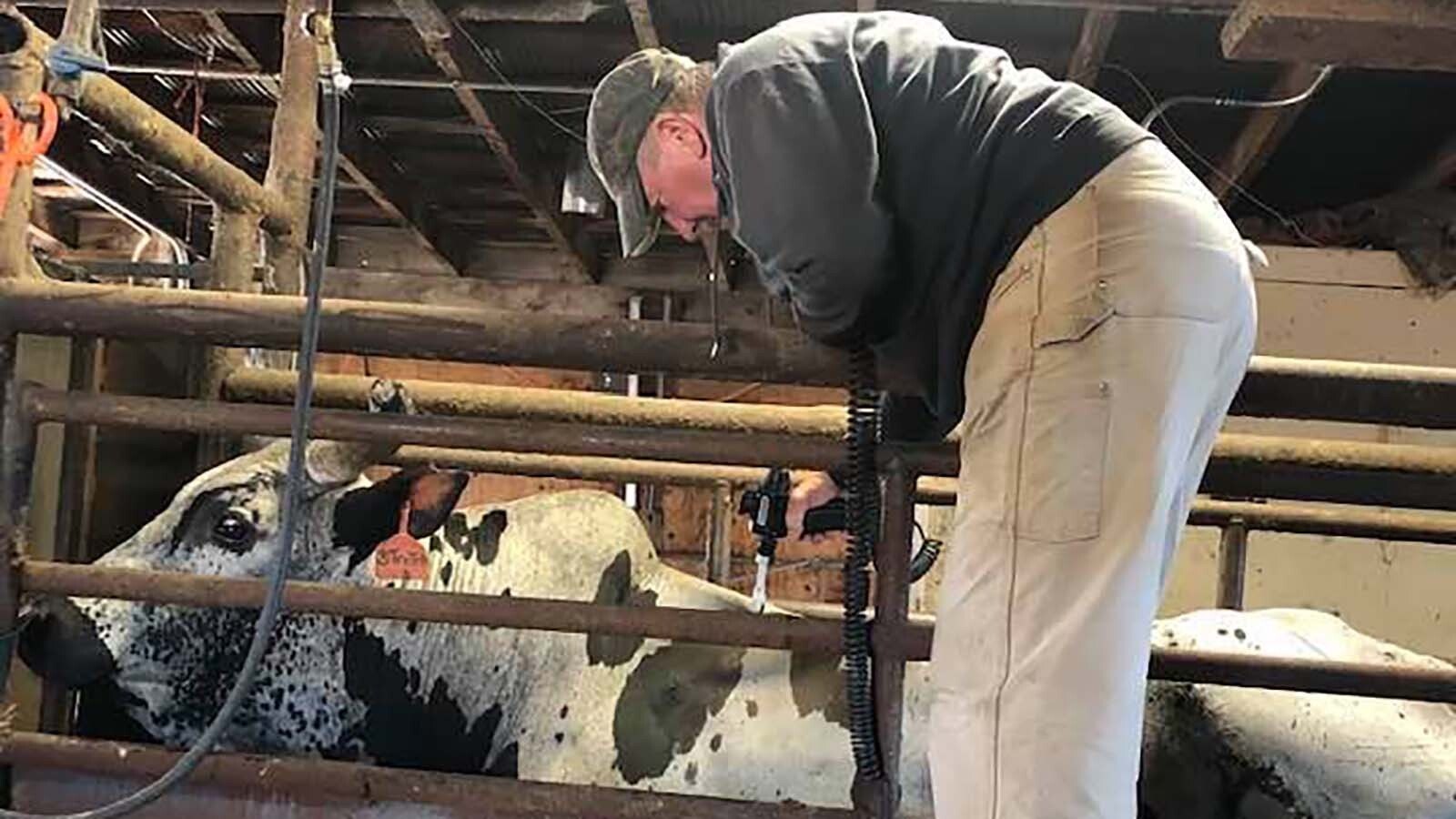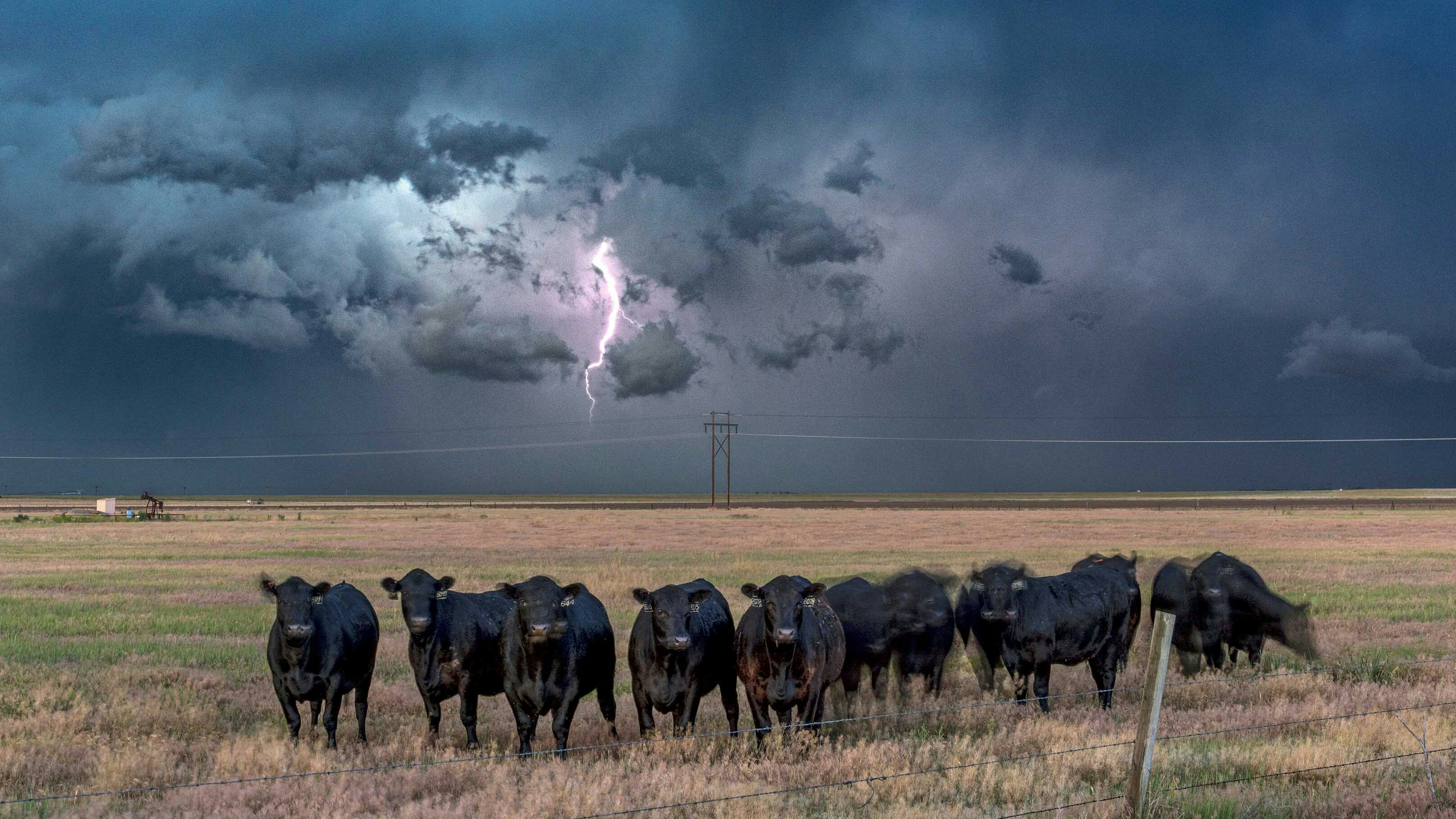Game wardens and wildlife biologists wanting new rides will probably have to wait a while, some Wyoming car dealers report.
Supply chain shortages, primarily for computer microchips, are likely to blame, they said.
“Demand is far exceeding supply, to be short and skinny about it. The (automobile) manufacturers can’t keep up with demand,” Adam Hartenstein, fleet and commercial manager for Fremont Motors Chevrolet and GMC, told Cowboy State Daily.
The Wyoming Game and Fish Department is short 43 new vehicles, mostly ¾-ton, four-wheel drive pickups used by game wardens and field biologists, said John Kennedy, the agency’s deputy director.
“We need more than 40 new vehicles, and we can get only six right now,” he said.
‘We’ll Take What We Can Get’
Hunters and anglers might likely associate Game and Fish field personnel with green Ford F-250s, which for years have been the agency’s primary vehicle.
But the days of being brand or model specific are over, Kennedy said.
“We’ll take what we can get,” he said. “We’ll take Ford, Chevy, Dodge, whatever we can get,” he said.
Tough Times For Everybody
Game and Fish, along with other Wyoming state agencies, aren’t the only ones clamoring for heavy-duty trucks and vans, said Hartenstein and Nick Robeson of Fremont Motors’ Ford and Ram division.
“It’s not just Game and Fish. It’s the oil companies, it’s everyone else (trying to order fleets),” Robeson said. “Right now, I have three trucks for a Wyoming oil company that made it to Montana and are just waiting for a ride down here, and it’s been more than 400 days since they were ordered.”
Ford and Ram has limited periods for commercial or government fleet orders, he said. Ram opened its fleet ordering for the 2023 model year for about only five days in September. Ford’s ordering period is open now, but will close Jan. 13.
Chevrolet/GMC heavy-duty fleet truck orders won’t open until probably late January, Hartenstein said.
“Right now, in GM world, we can’t place a fleet order for any model now. That’s been shut off,” he said.
Computer Chips The Main Chokepoint
There’s an array of problems holding up fleet truck orders on the manufacturing end, Hartenstein and Robeson said.
Some of those include personnel shortages and other snags for railroads, which are the primary movers of vehicles from factories to fleet customers. There also are shortages of truck drivers for automobile transports, and Ram has some new trucks held up because of a possible recall, Robeson said.
But both auto dealers said that to their knowledge, a lack of computer microchips – which are a key component for manufacturing modern vehicles – seems to be the biggest problem.
COVID Shift
When the COVID-19 pandemic hit, automobile makers “mistakenly projected” that people wouldn’t be buying many new vehicles for a while, Hartenstein said.
So, they cut back on orders for microchips. Meanwhile, the manufacturers of microchips switched production toward home entertainment devices and computers as demand for those things surged as more people were in lockdown or working from home during the peak of the pandemic, he said.
“They (automakers) dug a hole, to the tune of several million vehicles” by not ordering many microchips, Hartenstein said.
He and Robeson agreed that it could take years to make up the difference. That means filling fleet orders for heavy-duty work vehicles could remain a problem for a long while.
Meanwhile, retail orders for individual customers or dealer stock are also lagging, but not nearly as badly, they said.
Robeson said that as near as he can tell, automakers are focusing mostly on retail orders for now, because those are more lucrative than commercial or government fleet orders.
Game And Fish Will Make Do
Game and Fish has the money to buy vehicles, Kennedy said. For fiscal year 2023, the agency has budgeted roughly $2 million at an average cost of just under $49,000 per vehicle for passenger vehicles.
Typically, the agency retires its field vehicles after 85,000-110,000 miles, he said. It’s still running 97 vehicles over that mileage limit, and will likely add more.
Vehicles that might have been put up for action through the state’s surplus website will likely remain in service, he said.
The surplus site Tuesday had hardly any used state vehicles up for bid.
“We sometimes move vehicles that have more miles on them from field use to administrative use,” Kennedy said. “But with the shortage, we might be keeping more of our vehicles in field use. Our game wardens and biologists have to have trucks.”





